A design choice from Assassin’s Creed Odyssey reveals how Ubisoft approached player choice in their ambitious Greek adventure.
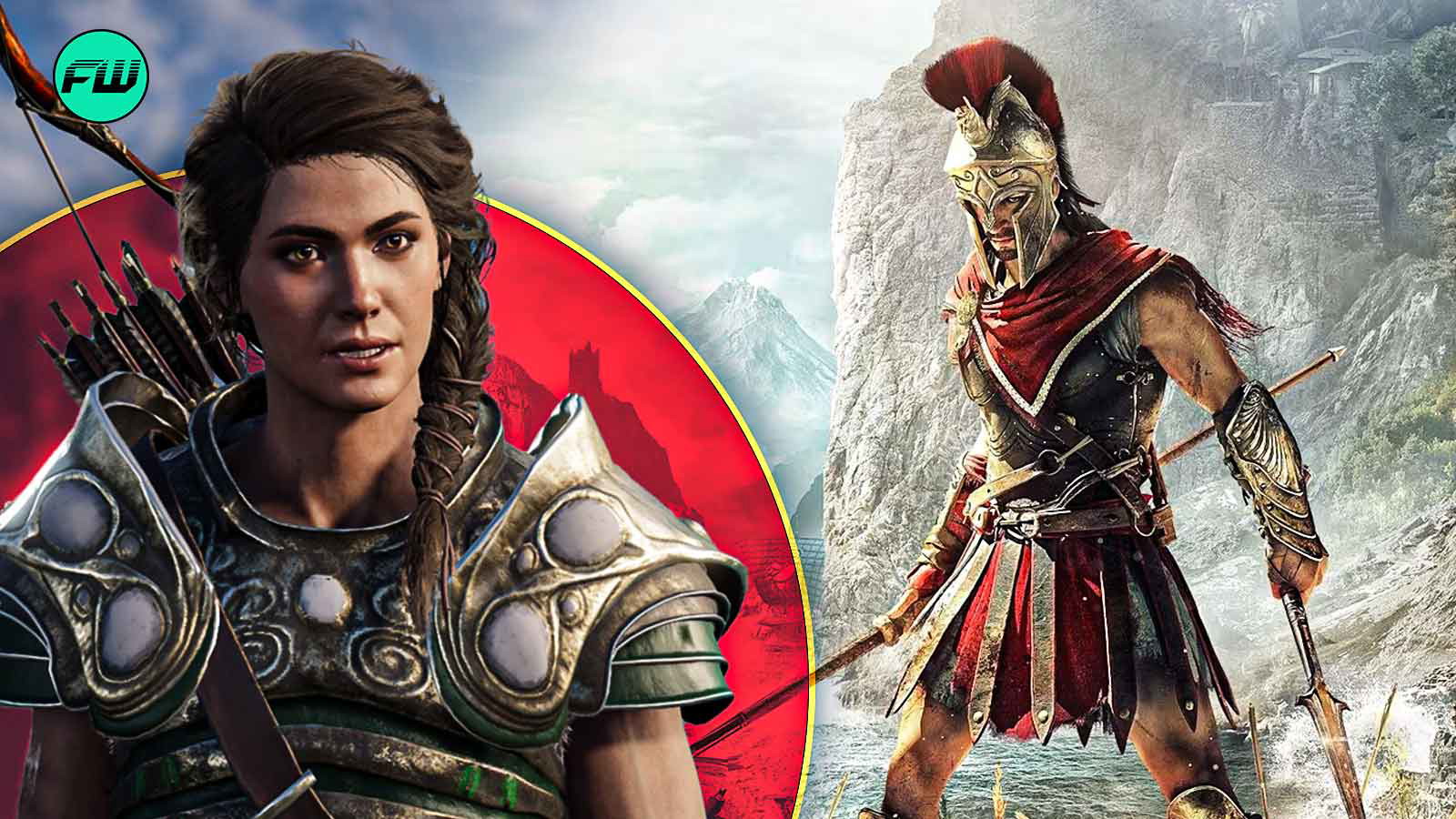
When Assassin’s Creed Odyssey launched in 2018, Ubisoft wasn’t just adding another chapter to their historical parkour/stabbing simulator. They were rewriting the entire playbook, turning their stealth-action series into a full-blown RPG where your choices actually mattered.
No more just deciding which guard to introduce to your hidden blade—now you were shaping the fate of Ancient Greece itself.
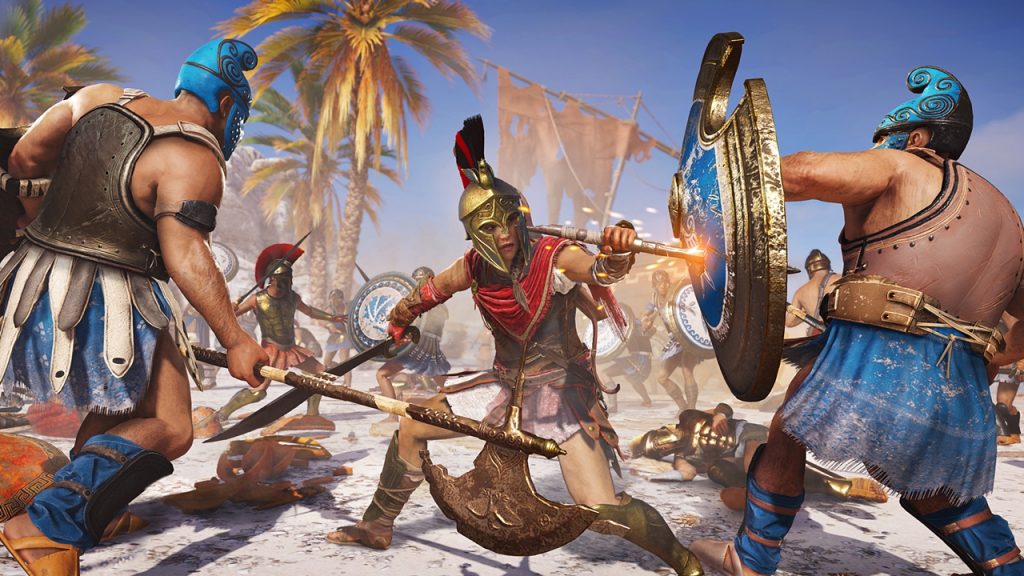 The studio’s first attempt at an Assassin’s Creed with a branching storyline. | Image Credit: Ubisoft
The studio’s first attempt at an Assassin’s Creed with a branching storyline. | Image Credit: Ubisoft
Among all these ambitious changes, however, there’s one feature that got quietly retired during development. And with Assassin’s Creed Shadows currently sharpening its blade for a delayed 2025 release, this particular creative decision tells us something interesting about how Ubisoft approaches player choice—when they’re not busy pushing back release dates, that is.
The Art of Subtle Storytelling in Assassin’s Creed

⛶
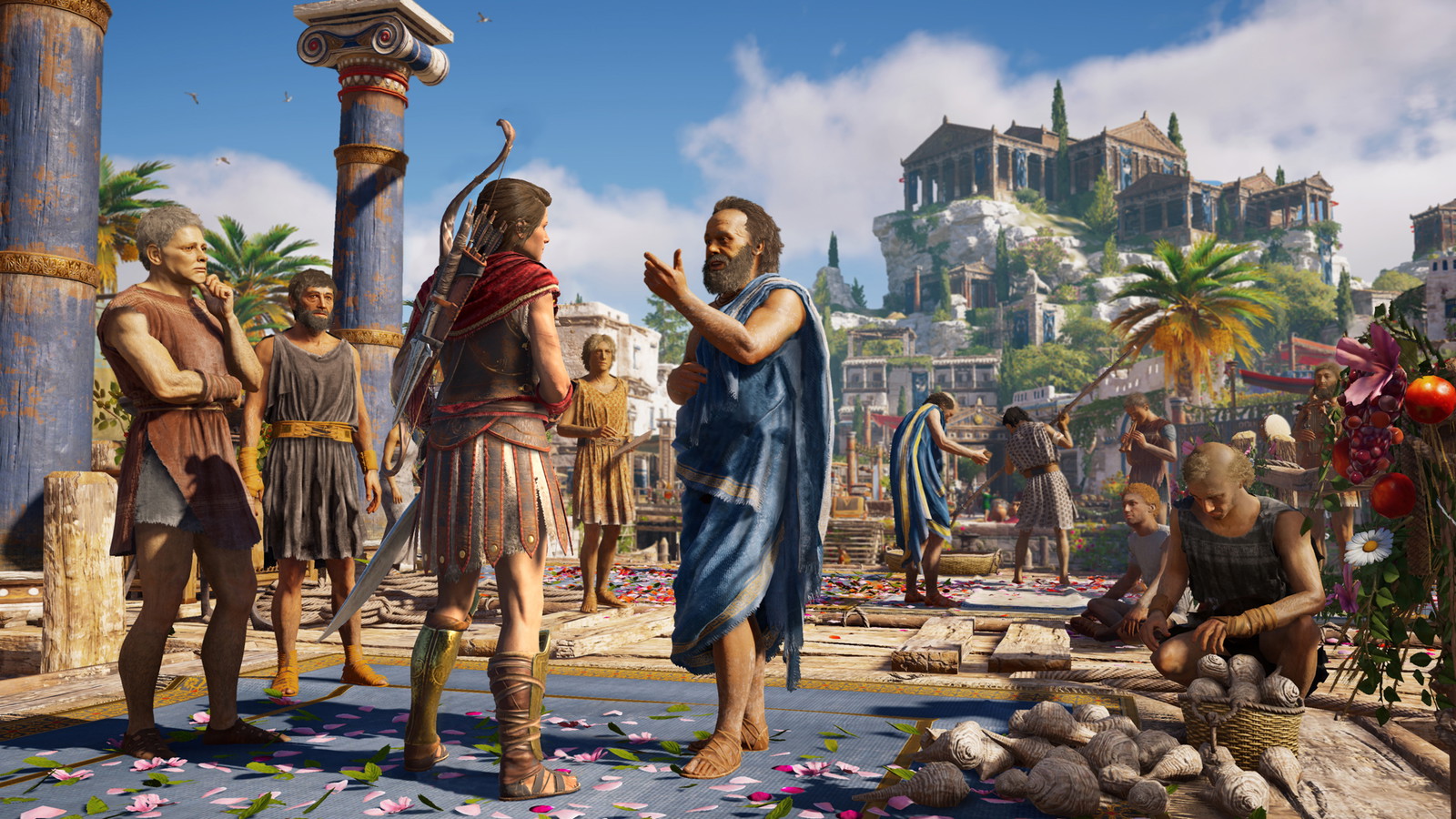
⛶
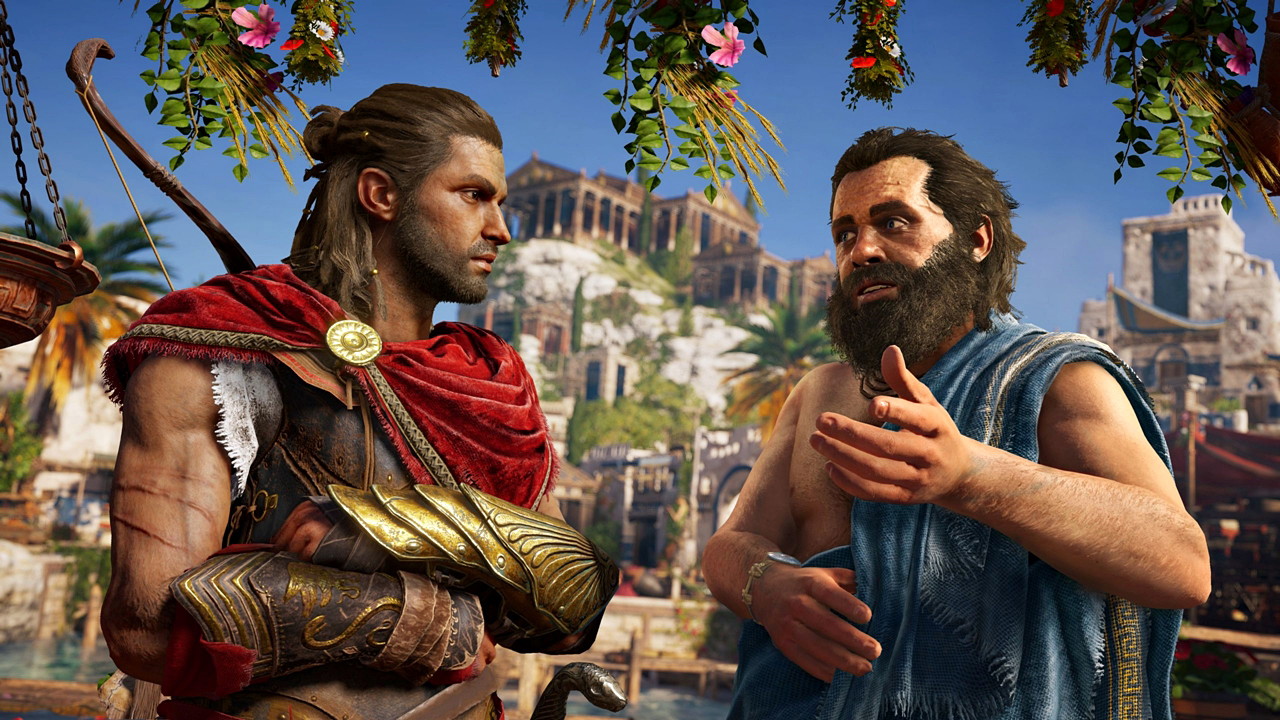
⛶
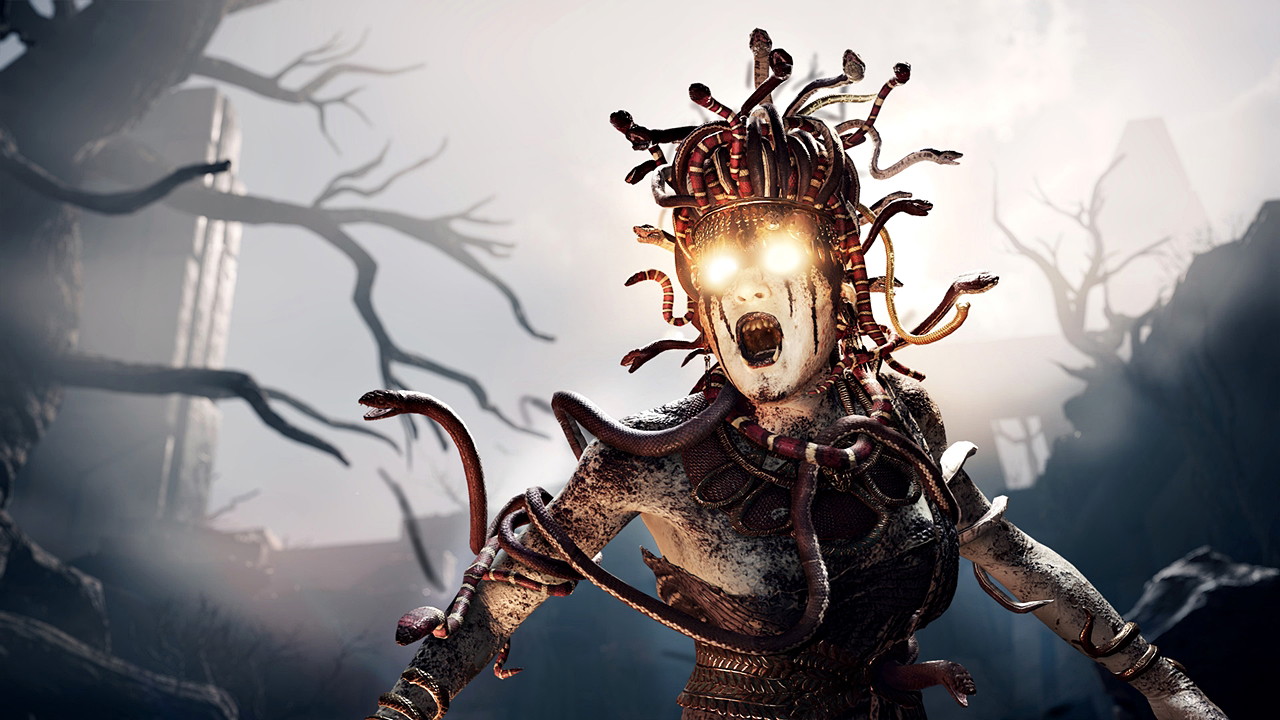
⛶
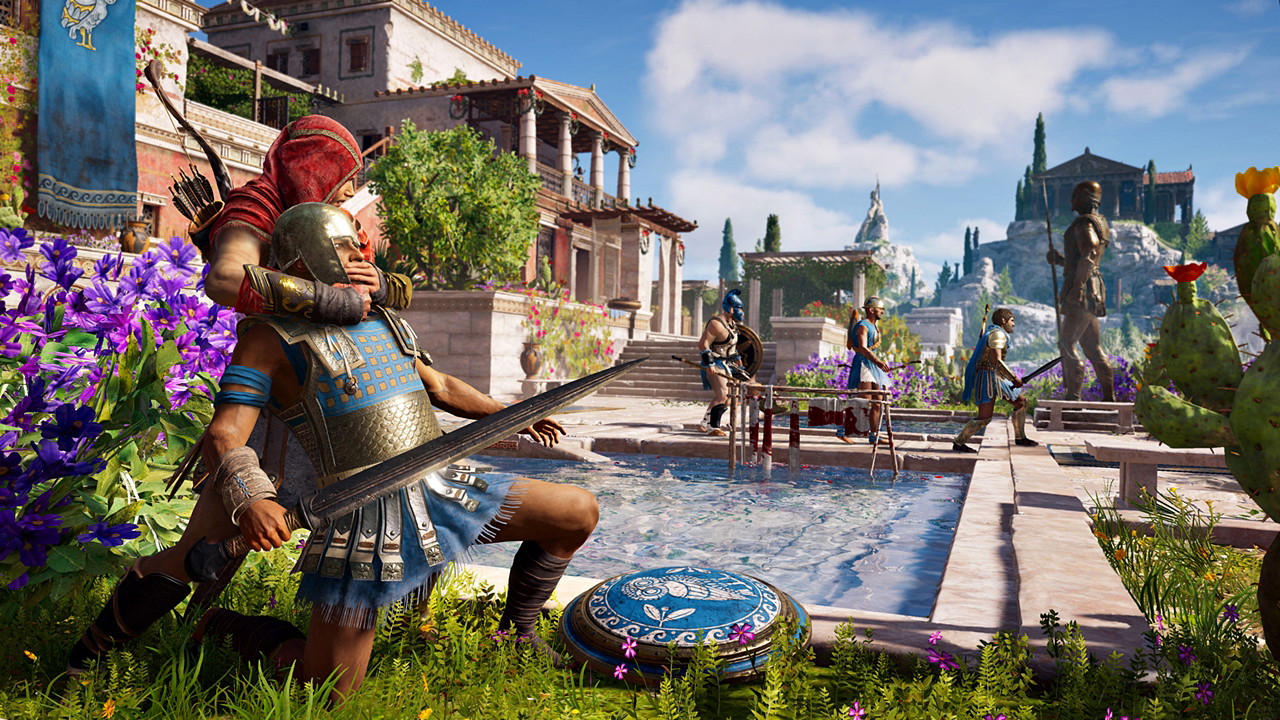
⛶





Anyone who’s played a Telltale game knows the drill: make a choice and boom—“Character X will remember that” pops up like an overeager spoiler fairy. Turns out, Odyssey almost walked down this same well-worn path before someone at Ubisoft decided to take the scenic route instead.
As game director Scott Phillips revealed in an interview with GameSpot:
Something we had a while ago and tried was including a sort of the Telltale-style ‘your choice will have an impact’ notification afterward. Ultimately we felt that the player is better off making those connections themselves and we didn’t want to put too much in their face.
Instead of spelling everything out like a Greek chorus, the team wanted those “aha!” moments to happen naturally:
We wanted the feeling of, ‘Oh, wow, that thing I did back then…’ or when they talk to someone else and say, ‘Oh, I had no idea that those connections were made.’ We felt after play tests that it was the stronger way to go rather than being in the player’s face with the decisions being made.
This approach actually makes perfect sense when you think about it. After all, real life doesn’t come with pop-up notifications telling you that declining that second cup of coffee will result in a mid-afternoon energy crash. The joy (or occasional terror) comes from discovering these connections organically.
And let’s be honest—in an Assassin’s Creed game where you can literally kick people off cliffs while dressed as a demigod, subtlety in the choice-and-consequence department is probably a good thing. It’s all about that balance between epic Mediterranean drama and meaningful player agency.
A Legacy of Choice and Consequence
 Yet another chance at redemption. | Image Credit: Ubisoft
Yet another chance at redemption. | Image Credit: Ubisoft
As we await the release of Assassin’s Creed Shadows in February 2025, it’s worth reflecting on how the series has evolved since Odyssey’s groundbreaking approach to player choice. The upcoming journey to Feudal Japan represents another pivotal moment for Ubisoft, especially following the mixed reception of recent titles like Star Wars Outlaws.
The stakes have never been higher for the studio. As franchise VP Marc-Alexis Côté recently acknowledged, players “expect more polish, more innovation and deeper engagement” from their games. The delay of Shadows from its original November release date suggests that Ubisoft is taking these expectations seriously.
But perhaps the most valuable lesson from Odyssey’s development isn’t about what features to add, but rather what to leave out. Sometimes, the most impactful choices are the ones we don’t even realize we’re making until their consequences unfold naturally before us.
After all, in a world where every game seems to be screaming for our attention with notifications, markers, and constant reminders, there’s something refreshingly confident about letting players connect the dots themselves. It’s like the difference between a friend who has to explain why their joke was funny and one who just drops the punchline and walks away like a boss.
What do you think about Assassin’s Creed Odyssey’s approach to player choice? Should games be more explicit about the impact of our decisions, or do you prefer discovering consequences organically? Share your thoughts in the comments below!


